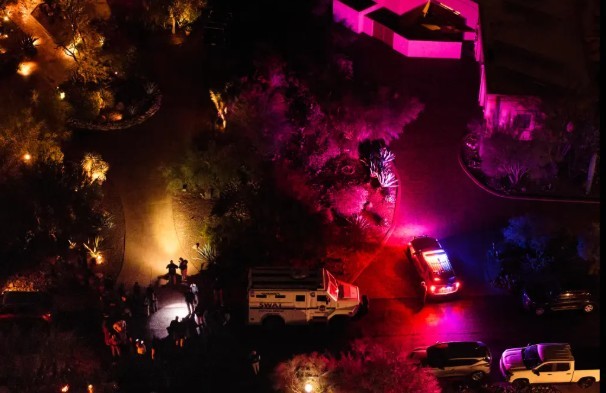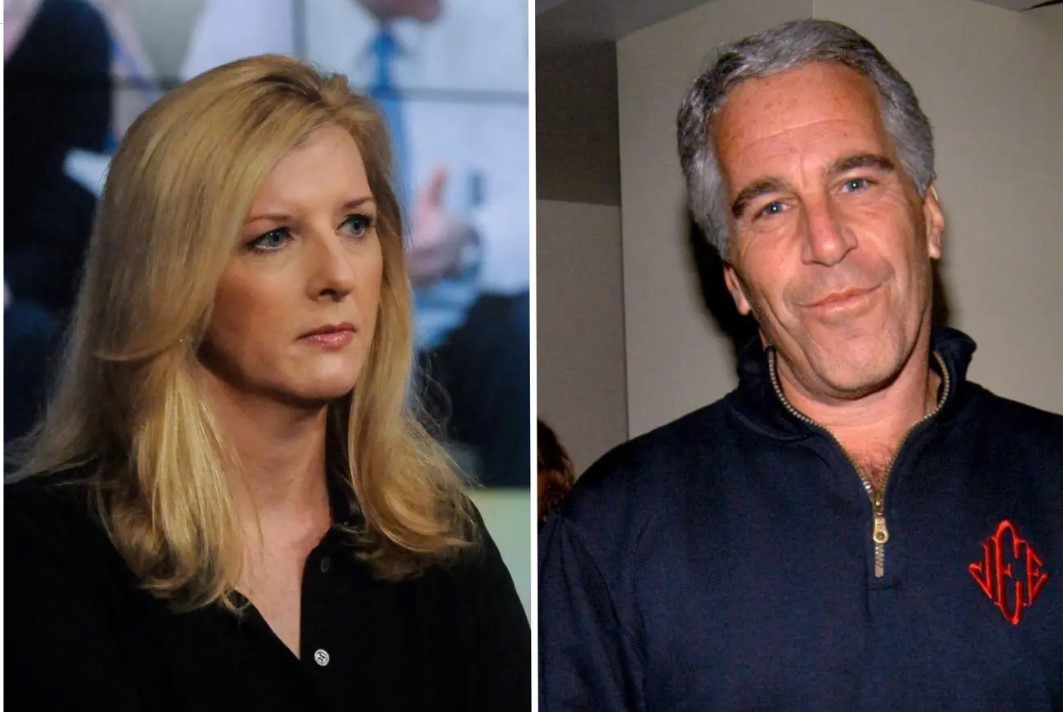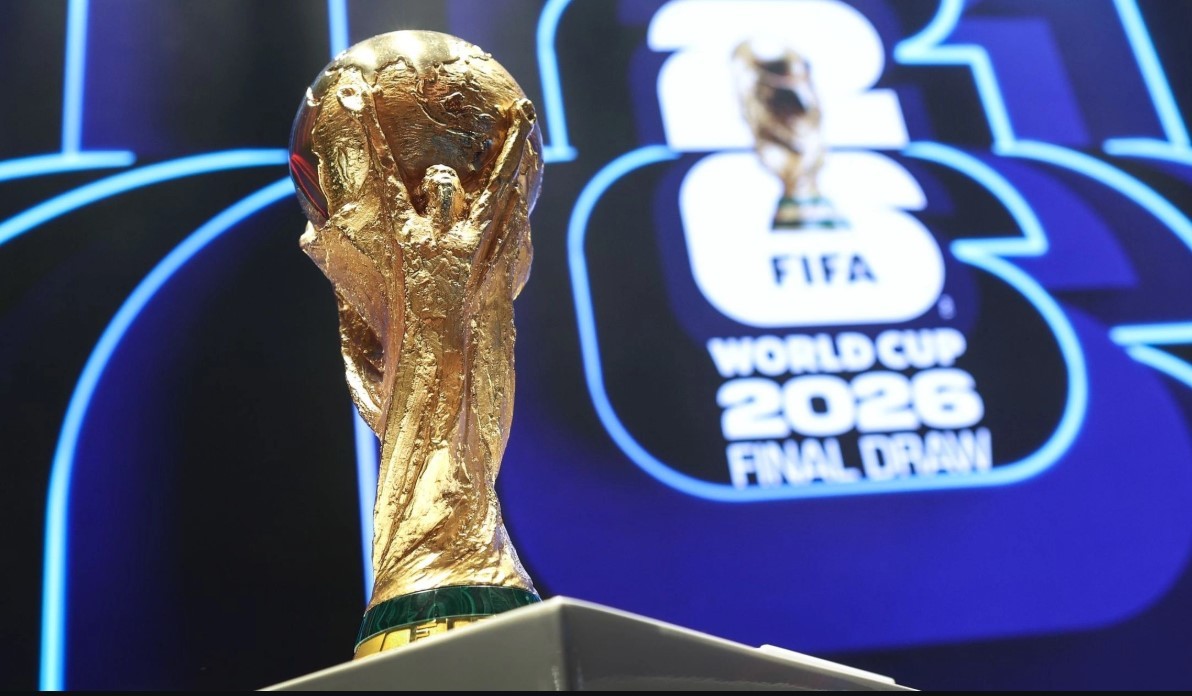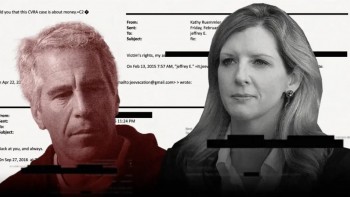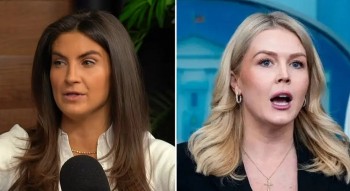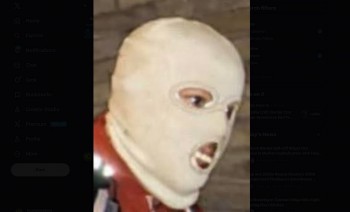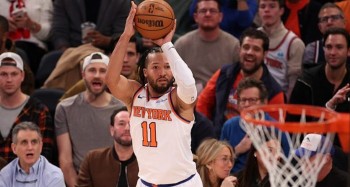Ukrainian National Anthem: English Translation, Original Lyrics and History
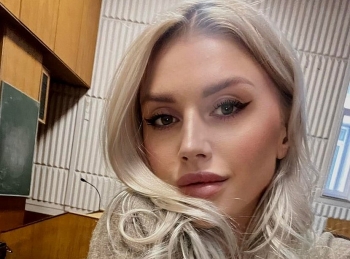 Who is Anna Sergeeva - Ukraine's 25-Year-Old Deputy Minister Who is Anna Sergeeva - Ukraine's 25-Year-Old Deputy Minister |
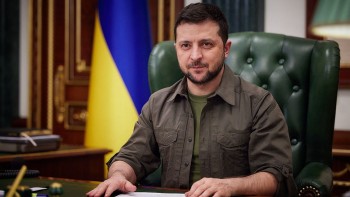 Who Is Volodymyr Zelenskyy: Biography, Personal Life, Political Career Who Is Volodymyr Zelenskyy: Biography, Personal Life, Political Career |
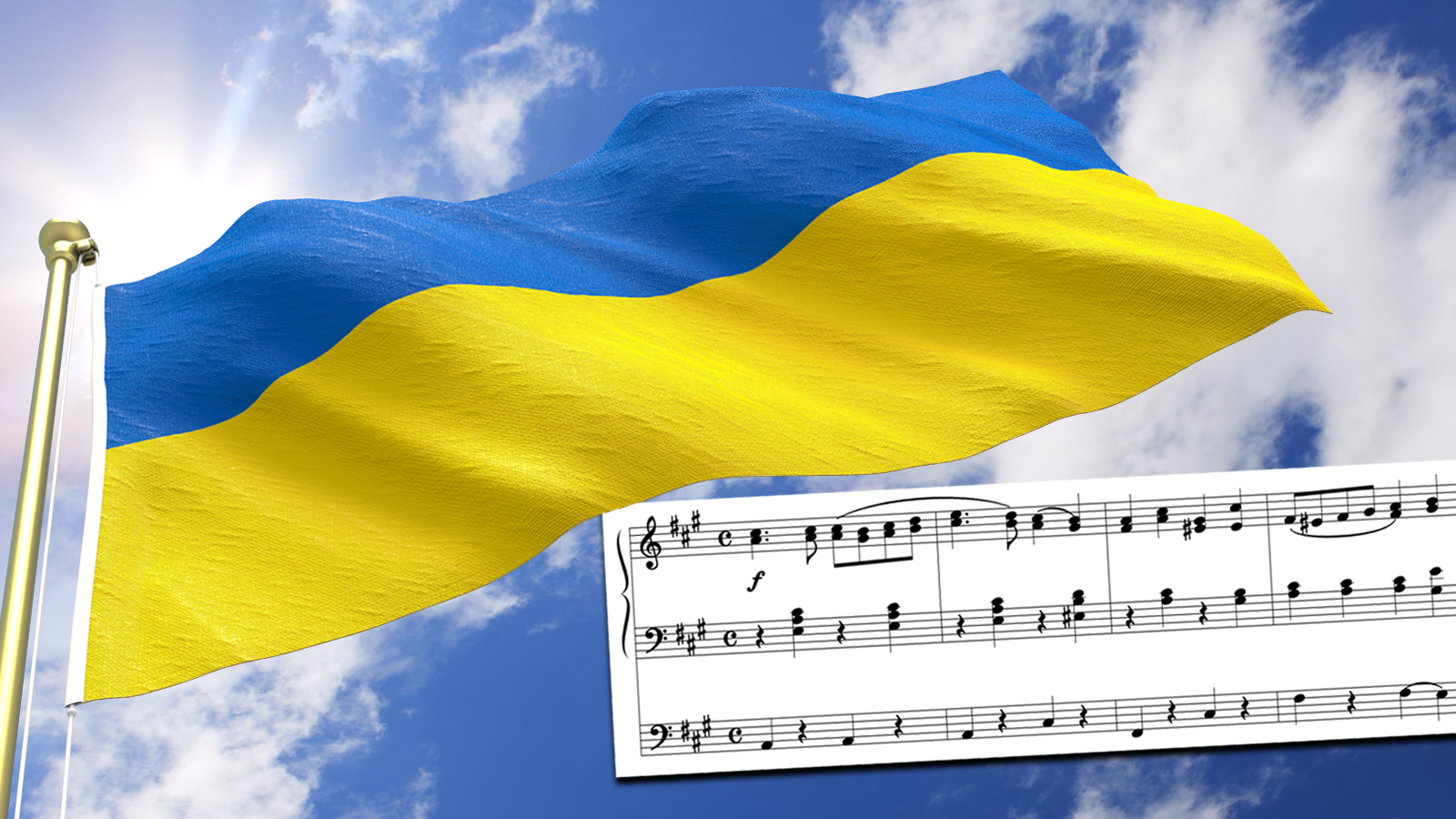 |
| What Is The Ukrainian National Anthem: History, English Lyrics. Photo: Classicfm |
"Shche ne vmerla Ukrainy i slava, i volia", also known by its official title of "State Anthem of Ukraine" or by its shortened form "Shche ne vmerla Ukrainy" (Ще не вмерла України, lit. 'Ukraine has not yet perished'), is the national anthem of Ukraine. It is one of the state symbols of the country.
Upon the declaration of Ukrainian independence in 1917, a number of patriotic works were used in the capacity of a national anthem, including Chubynskyi’s work, but none of them were officially declared as the national anthem.
Since Ukraine became a part of the Soviet Union in 1920, works like "Shche ne vmerla Ukrayina" have been censored for their nationalist sentiments. Carpatho-Ukraine Republic (present-day western Ukraine) adopted "Shche ne vmerla Ukrayina" as its national anthem during World War II. Chubynskyi's anthem was the most popular choice already in use as an anthem when Ukraine regained its independence after the Soviet Union's collapse in 1991, though since no official lyrics were mandated at the time independence was declared, the lyrics that were commonly used at the time differed somewhat from Chubynskyi's original poem.
The lyrics were made official in 2003 and changed slightly; the most important change was made to the first line (and title), which were interestingly borrowed from the Polish anthem.
The newer version changes the case ending of the word "Ukraine" to reflect the idea that it is Ukraine's glory and freedom that have not yet died, rather than the country itself. Additionally, three verses and a chorus were commonly used in the past, but the current anthem only uses the first verse of Chubynskyi's poem (with the modification to the first line mentioned above) and the chorus.
History of The Ukrainian National Anthem
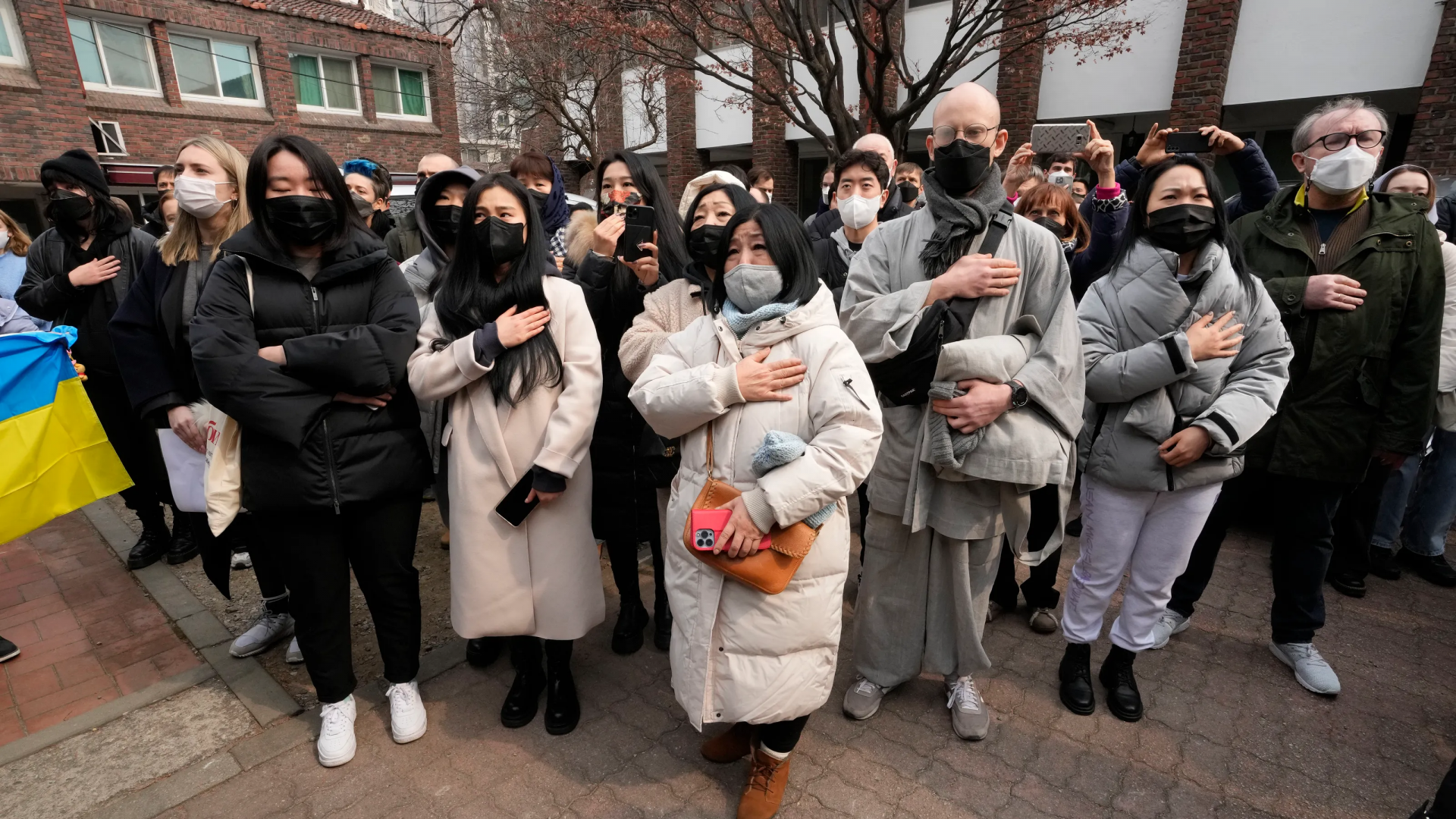 |
| History of The Ukrainian National Anthem - Photo: USAToday |
The Ukrainian national anthem can be traced back to one of the parties of the Ukrainian ethnographer and poet Pavlo Chubynsky that occurred during the autumn of 1862. Scholars think that the Polish national song "Poland Is Not Yet Lost" ("Polish: Jeszcze Polska nie zginęła"), which dates back to 1797, and which later became the national anthem of Poland and the Polish Legions, also had an influence on Chubynsky's lyrics. "Jeszcze Polska nie zginęła" was popular among the nations of the former Polish–Lithuanian Commonwealth that were at that time fighting for their independence; the January Uprising started a few months after Chubynsky wrote his lyrics.
Early supporters of Ukraine quickly picked up on Chubynsky's ideas. When Prince Vasily Dolgorukov, chief of the gendarmerie, heard of Chubynsky's "destructive impact on the minds of commoners," he had him banished to the Arkhangelsk Governorate in 1862.
First published in 1863 in the fourth issue of the Lviv newspaper Meta, the poem had a long and illustrious history of print publication. Mykhailo Verbytsky, a member of the Ukrainian clergy of the Greek Catholic Church, learned of its popularity in the lands that are now part of Western Ukraine. Verbytsky, a well-known composer in his own Ukraine at the time, was moved by Chubynsky's poem to put it to music. In 1865, the poem and sheet music by Verbytsky were first published together. In 1864, the work made its choral debut at Lviv's Ukrainian Theatre.
In 1916, during World War I, Columbia Phonograph Company published the first recording of this hymn in Ukrainian (then written "Szcze ne wmera Ukrajiny ni sawa ni wola"). Mychajlo Zazulak, a Ukrainian emigrant from Lviv who settled in New York, sang this traditional tune in 1915.
Early use
The Ukrainian Republic didn't adopt the poem by Chubynsky as its anthem until 1917. However, other songs were also used during the time period of 1917-1921, hence this anthem was never officially adopted as the state anthem.
The West Ukrainian People's Republic adopted Chubynsky's poem as their anthem for a brief time between 1918 and 1919.
Ukraine's anthem during the Soviet period
Upon signing the Treaty on the Establishment of the USSR with the Russian SFSR, the Transcaucasian SFSR, and the Byelorussian SSR in 1922, the Ukrainian Soviet Socialist Republic was officially established. The Soviet leadership promptly outlawed the song after the treaty was signed. Later, it was agreed that each independent Soviet republic may have its own anthem, but Shche ne vmerla Ukraina was rejected to help quell separatist inclinations among Ukrainian Nationalists. Carpatho-Ukraine adopted "Szcze ne wmera Ukrajina" as its national song in 1939.
Instead, Soviet leaders desired an anthem that would celebrate Ukraine's status as a "free among the free" and "fraternal republic" within the USSR. The Communist Party of the Soviet Union, responsible for bringing communism to Ukraine, had to be mentioned. The Ukrainian SSR adopted "Zhyvy, Ukraino, prekrasna I syna" by Pavlo Tychyna as its official anthem in 1949, and Tychyna's rendition served as the anthem of the Ukrainian SSR until 1991. During the communist era in Ukraine, the Soviet national anthem was played at practically all official events, despite widespread disapproval among locals.
Post-independence
The Verkhovna Rada, Ukraine's parliament, adopted the music for the State Anthem of Ukraine on 15 January 1992, and it was subsequently enshrined in the Ukrainian constitution. The current lyrics were submitted by former president Leonid Kuchma and passed by the Verkhovna Rada on 6 March 2003 as part of a legislation on the state anthem of Ukraine (aкон "ро еравни мн крани"). A piece of music by Mykhailo Verbytsky and the first stanza and refrain of Pavlo Chubynsky's poem "e ne vmerla Ukrajina" were presented as legal precedents. Nevertheless, the first verse of the anthem was to be changed from "Shche ne vmerla Ukraina, ni slava ni volia" to "Shche ne vmerla Ukrainy, I slava I volia".
The measure was approved by a large majority of 334 votes (out of 450 total), with only 46 members of parliament voting against it. The only people who didn't cast ballots were members of the Socialist Party of Ukraine and the Communist Party of Ukraine. Article 20 of the Constitution of Ukraine was finalized with the passage of this bill. Mykhailo Verbytsky's music had previously been the only official component of the national anthem, but now it would also incorporate the revised lyrics of Pavlo Chubynsky.
During the Orange Revolution uprisings of 2004 and Euromaidan in 2013, the popularity of the Ukrainian anthem has skyrocketed. Valentyn Sylvestrov, a Ukrainian composer who took part in the protests in Kyiv, has this to say about the national anthem of his country:
The national anthem of Ukraine truly is a work of art. At first glance, it doesn't seem like much, but don't let that fool you. Mykhailo Verbytsky, a cleric and composer from the middle of the nineteenth century, is responsible for writing this song. His euphonic skill, as seen by his liturgical compositions, was developed during his time as a subject of the Austrian monarchy, and he was likely a fan of Schubert. He composed music for religious services. Furthermore, he composed this patriotic tune for the chapel. A Hallelujah is being sang here. No other national anthem has this! The Ukrainian national anthem is a one-of-a-kind composition that also contains all the hallmarks of a liturgy's opening. In this song, there is a buried recollection of a liturgy, of a watch that lasted through the night. This simple chant sounds like the wind whispering through the trees.
Euromaidan to present
The anthem gained revolutionary significance during the Euromaidan protests of 2013. Every hour during the first few weeks of the protests, singer Ruslana led the crowd in singing the national song.
After the Russian invasion of Ukraine in February 2022, the hymn was played by orchestras across Europe and North America as a show of support for the Ukrainian people.
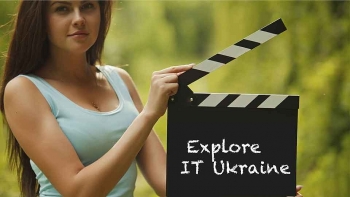 Only in Ukraine: Top 50+ Weirdest Things, Unique Facts Only in Ukraine: Top 50+ Weirdest Things, Unique Facts Discover the weirdest and most interesting things about Ukraine that is being torn apart by the Russian attack. |
Different lyrics versions of Ukrainian National Anthem
Shche ne vmerla Ukraina was sung as the de facto national anthem at the inauguration of the first President Leonid Kravchuk on 5 December 1991, but it was not until 6 March 2003 that Chubynsky's poem officially became a part of Ukraine's national anthem. The Constitution of Ukraine designated Verbytsky's music for the national anthem on 28 June 1996:
The State Anthem of Ukraine is the national anthem set to the music of M. Verbytsky, with words that are confirmed by the law adopted by no less than two-thirds of the constitutional composition of the Verkhovna Rada of Ukraine.
— Article 20 of the Constitution of Ukraine
The Verkhovna Rada formally adopted the anthem's lyrics on March 6, 2003, choosing to utilize only the first verse and chorus from Chubynsky's original poem while making some minor adjustments to the first stanza. Ukraine's glory and freedom have both survived, but the first line of the poem has been changed to reflect this.
Ukrainian lyrics (Cyrillic script)
Ще не вмерла України і слава, і воля,
Ще нам, браття молодії, усміхнеться доля.
Згинуть наші воріженьки, як роса на сонці.
Запануєм і ми, браття, у своїй сторонці.
CHORUS:
Душу й тіло ми положим за нашу свободу,
І покажем, що ми, браття, козацького роду
Душу й тіло ми положим за нашу свободу,
І покажем, що ми, браття, козацького роду
Ukrainian lyrics (Romanization)
Shche ne vmerla Ukrayiny i slava, i volya,
Shche nam, brattya molodiyi, usmixnet’sya dolya.
Zhynut’ nashi vorizhen’ky, yak rosa na sonci.
Zapanuyem i my, brattya, u svoyij storonci.
CHORUS:
Dushu j tilo my polozhym za nashu svobodu,
I pokazhem, shcho my, brattya, kozac’koho rodu
Dushu j tilo my polozhym za nashu svobodu,
I pokazhem, shcho my, brattya, kozac’koho rodu
English translation
Ukraine’s glory hasn’t perished, nor her freedom
Upon us, fellow compatriots, fate shall smile once more.
Our enemies will vanish, like dew in the morning sun,
And we too shall rule, brothers, in a free land of our own.
CHORUS:
We’ll lay down our souls and bodies to attain our freedom,
And we’ll show that we, brothers, are of the Kozak nation.
We’ll lay down our souls and bodies to attain our freedom,
And we’ll show that we, brothers, are of the Kozak nation.
Lyrics video of The Ukrainian National Anthem
Ukraine’s National Anthem Reverberates Around the WorldAnd on Monday night, the anthem reverberated throughout New York City's Metropolitan Opera House, whose white travertine exterior was covered in a gigantic Ukrainian flag and showered in blue and yellow lights for its "Concert for Ukraine." One of Ukraine's most popular rappers, Alyona Alyona, revealed in a Skype interview that she hears the national song "approximately 20 times a day" on Ukrainian TV. Alyona lives in Baryshivka, a town east of Kyiv. She also mentioned that she had contributed to a compilation of the song performed by prominent musicians from the country. "This song means a lot to me," she proclaimed. Several anti-war demonstrators in Moscow were caught bravely chanting the song of Ukraine as they were being arrested, proving that it is known even in Russia. The song was written in the 1860s, when much of what is now Ukraine was a part of the Russian Empire, according to Paul Kubicek, a political scientist at Oakland University who has written extensively about Ukraine. Elites wanted to "revive and celebrate a Ukrainian legacy that was at risk of being lost to a process of Russification," Kubicek said, hence this period might be considered a "moment of cultural awakening." Pavlo Chubynsky, an ethnologist and poet, was among these elites; he created the lyrics in 1862, influenced by Serbian and Polish patriotic anthems. Mykhailo Verbytsky, a composer and priest, put Chubynsky's words to music the following year. Professor of Ukrainian studies at Cambridge University, Rory Finnin, has indicated that the Russian authorities at the time were concerned about a number of texts, including Chubynsky's song. According to Finnin, censorship of Ukrainian media began in earnest in 1863. Soon after, "for upsetting the minds" of the public, Finnin said, Chubynsky was kicked out of the country. |
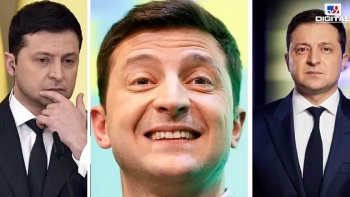 Ukraine President Zelenskyy: Horoscope, Astrological Prediction and Zodiac Sign Personality Ukraine President Zelenskyy: Horoscope, Astrological Prediction and Zodiac Sign Personality Find out the Yearly Horoscope, Zodiac Sign Personality, Astrological Prediction for Ukraine President Volodymyr Zelenskyy in 2022 and Lifetime. |
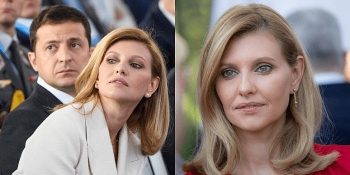 Ukraine’s First Lady Olena Zelenska: Biography, Family and Career Ukraine’s First Lady Olena Zelenska: Biography, Family and Career Who is Ukraine’s First Lady? Biography, personal file of Olena Zelenska, the wife of President Zelensky. |

